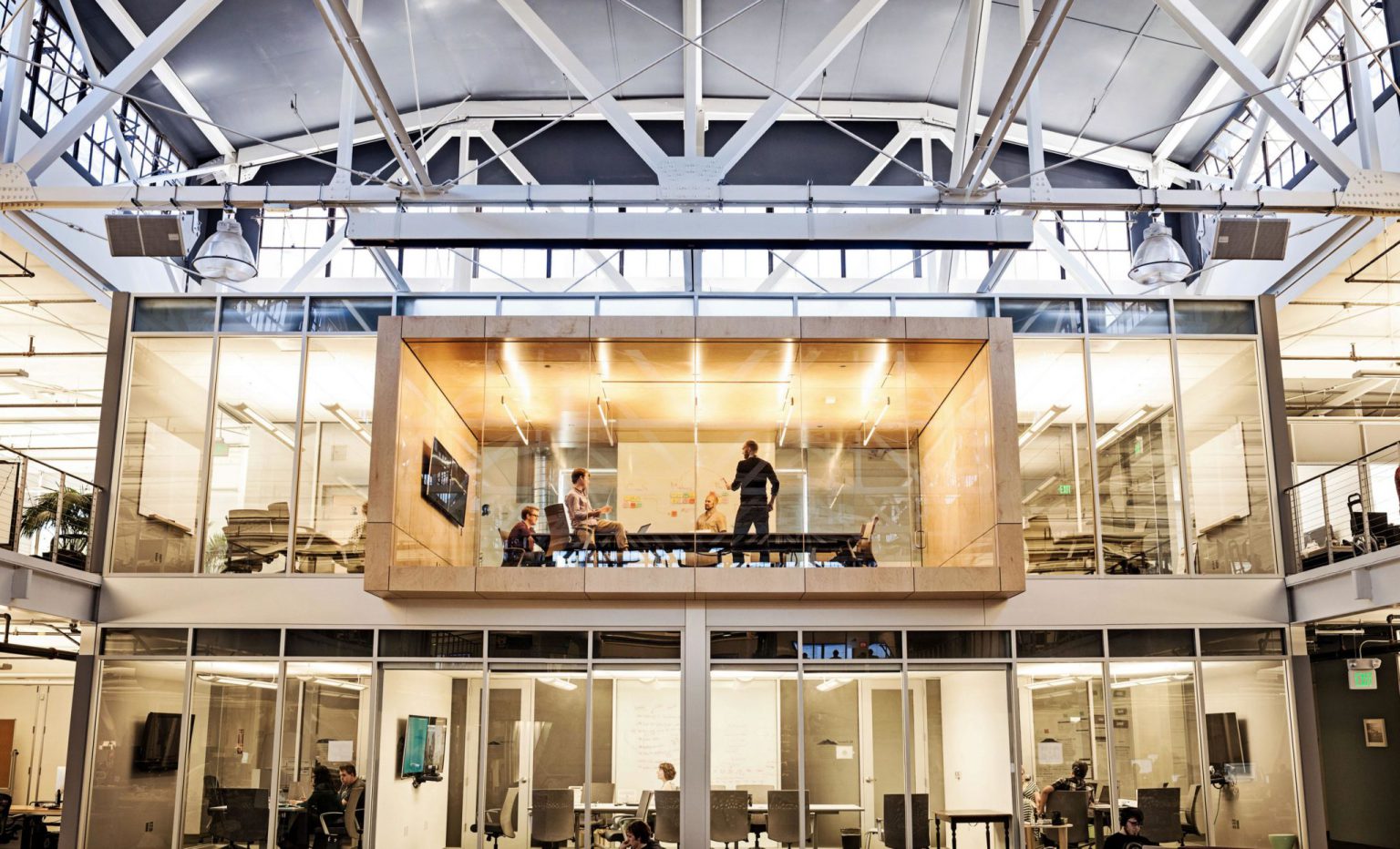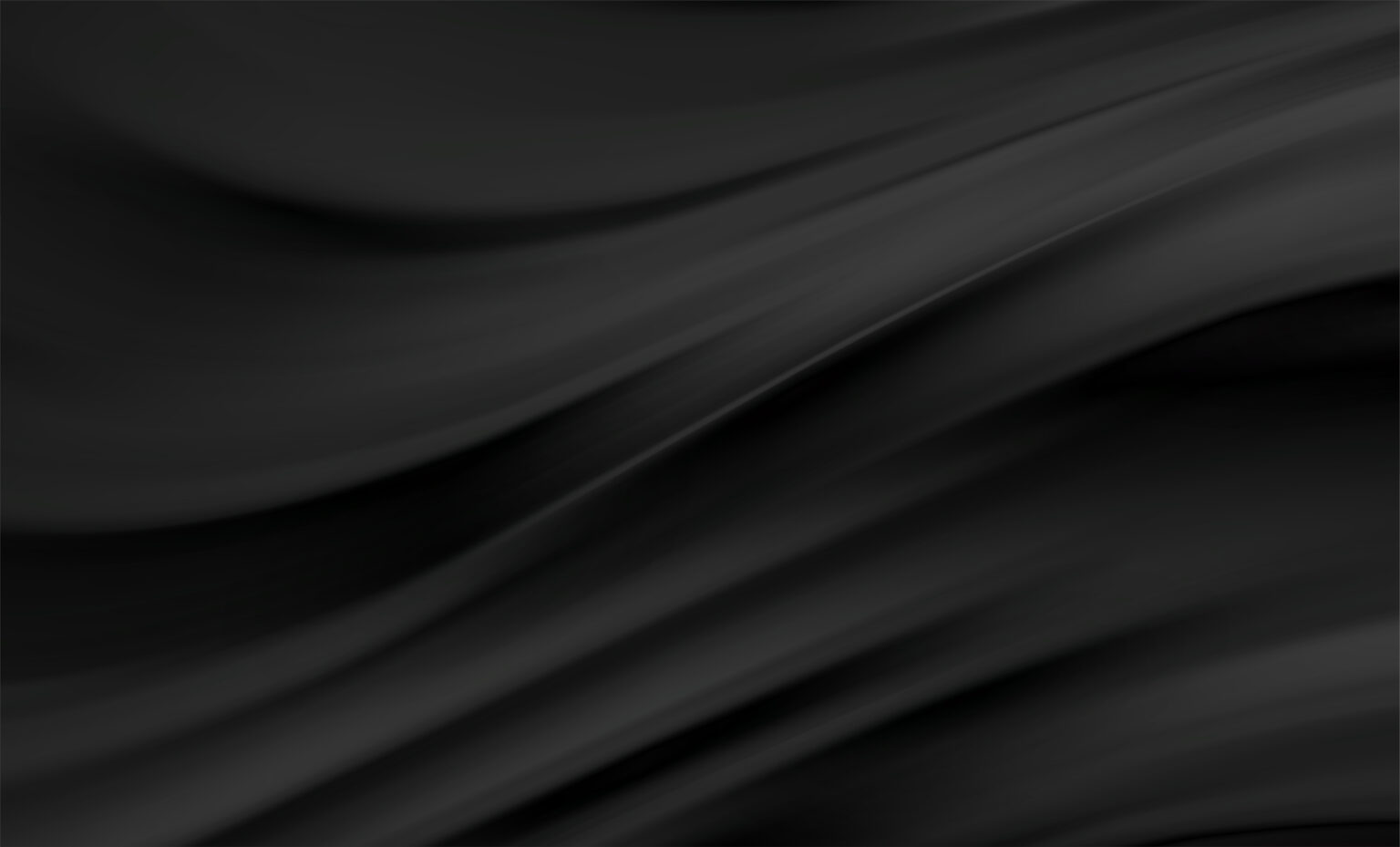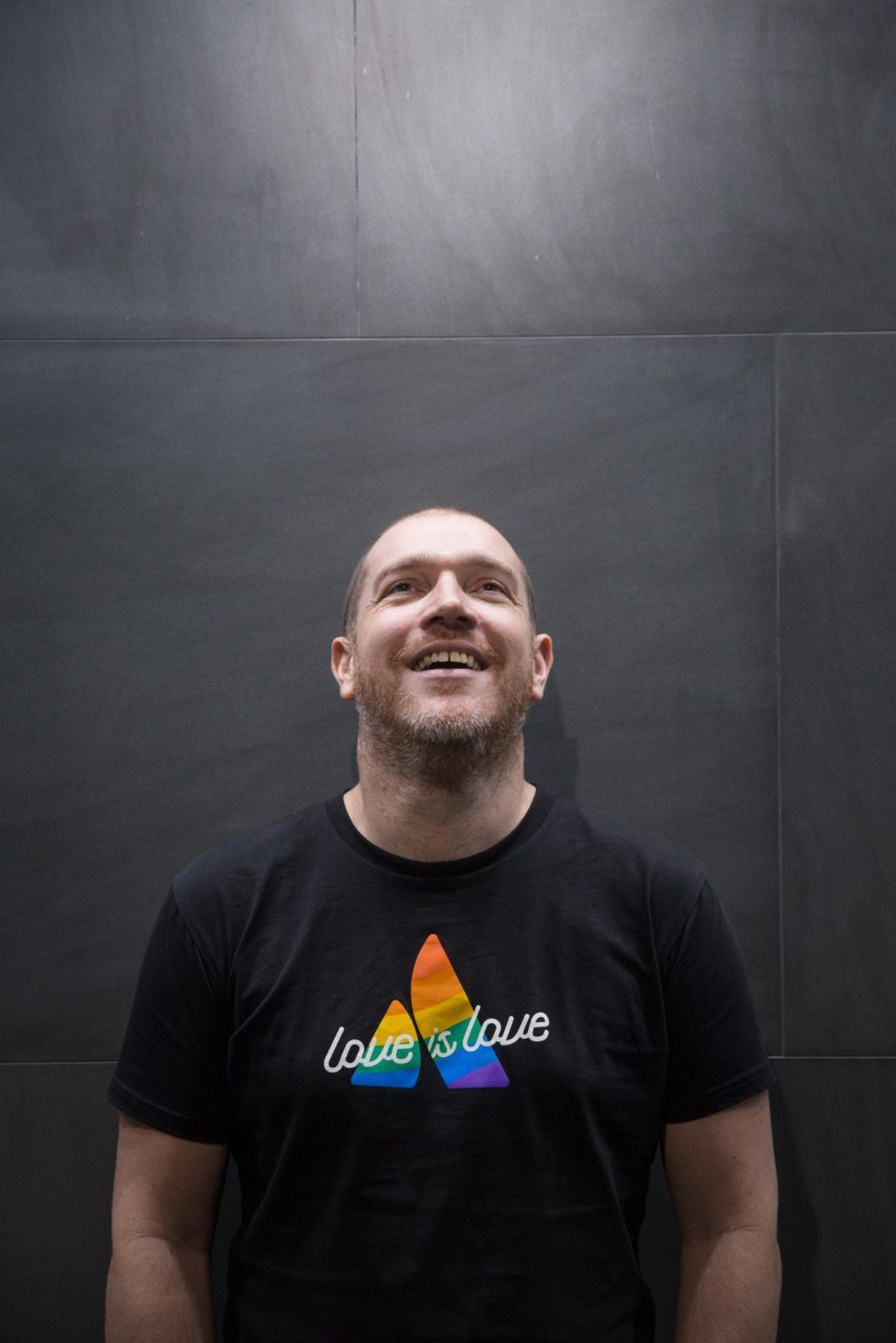Much disruption has come from the ability for lightweight startups to grow and scale at speed, when innovation and hunger trumps incumbency and a massive market cap. But when your startup becomes bigger than the companies it set out to disrupt, how do you stay true to what made you unique as you scaled, engaging and empowering your people to continue the journey?
Atlassian founders Mike Cannon-Brookes and Scott Farquhar, who met as students at the University of NSW, were crystal clear that they wanted their company to be something different when they launched it in 2002. They are vigilant radicals with a big vision: they found something meaningful to address and created effective momentum around it. The whole idea was to create a new kind of business, and above all one that didn’t force people to conform.
They set about making powerful software products for businesses, targeting improving project management, collaboration, and software development and coding quality. Their suite of tools, which are used by millions around the world, today includes Confluence, Jira and Bitbucket. Along the way they’ve also acquired Trello and invested in Slack. By 2007, they had five core values to do business by:
- Open company, no bullshit
- Build with heart and balance
- Play… as a team
- Be the change you seek
- Don’t #@!% the customer
Ten years in, Atlassian hit $100 million of revenue without a sales team. In 2015, they launched on the NASDAQ with the stock symbol TEAM and around the same time put their Team Playbook online, inviting the world to peer into the heart of their culture. Dom Price, Atlassian’s affable work futurist and a globally in-demand public speaker and facilitator, generously shared even more secrets with us…
THE LONE GENIUS IS DEAD
“The idea that there’s a singular person who’s going to save the planet, save the team and save the world, works in cartoons or magazines and kind of worked in business during the ’60s, ’70s and ’80s, but we fundamentally don’t believe it to be true now. Teamwork can sometimes feel like a tax, but it’s really an investment, and the only way to build real cognitive diversity.
“Every time we start a new team or try to help a current team evolve, one of the first things we look at is whether we have a mix of different experience, mindset and approaches. A good proxy for that is often gender – along with race, religion, age and background. There are a whole lot of things that are good proxies [to get diversity], but the real goal is that cognitive diversity, because when you have that, ultimately you have this wonderful conflict of minds and views and that friction creates really good fire. It can only happen when everyone brings their true self.
That’s fundamentally different to the way many businesses operate, which is: the lone genius does exist, it’s the most senior person. We say: there are various experts and people with different opinions. Anyone can be right or wrong, regardless of level or tenure or anything else. When you democratise that, very strange, very good things happen. And so, the Atlassian philosophy is: the lone genius is dead.”

DON’T INDOCTRINATE YOUR HIRES
“If we’re going to hire smart people, we have to trust them to do the right thing. Not many people disagree with me when I say that, then I look at their organisation’s induction process. ‘We will spend six weeks inducting you into our way of thinking’. So you’ve spent all this time to find the right person for the role, and now you’re indoctrinating them into your stupid ways of working?! You’re going to get no gems of wisdom from them.
If your plan is always to tell people the way you work and make them work in that way, hire a monkey: it’s quicker and cheaper. Instead, give them some freedom to explore and experiment, and see what they break, which walls they push through, what they stumble across and what questions they ask, because surely you’ll learn more than that.”
ENABLE INDIVIDUALS TO ‘SCALE’ WITH THE BUSINESS
“As Atlassian scales – and we add more people and different functions and different areas of expertise – one of the challenges we lay down for every new starter is: not only do we want you to do the best work of your life here but we want you to bring something from your current life to make us better. You’re not here to learn. I’m not running an education system, where you come and learn about Atlassian and then fly away. I’m not a school, I’m a business. We set that expectation very early on with people, that Atlassian is a collaborative community, and that you’re expected to contribute back into the well, not just take from it. We give people the chance to unleash their potential, because we give them just enough information to be dangerous, and then we set them free. Which makes sense and yet 99 per cent of organisations I speak to do just the opposite.”
CAN A MATURE COMPANY BE MORE LIKE ATLASSIAN?
“A lot of people say, ‘I want to be like Atlassian’ and I say, ‘Well, you’re not in our industry, or your environment is completely different’. So as much as we share how we work, you cannot lazily copy, cut and paste. Traditional businesses – financial services, insurance, telcos and other businesses that have been around for a hundred years or more – tend to default to technology. They say, ‘Oh amazing, there are tools available online, let’s buy those and use them to collaborate’. They buy them and nothing happens. That’s because there are three components to great teamwork, and they’re all equally important. Technology is one of them: it will often make you more efficient and enable you to do something faster. But my favourite phrase at the moment is: ‘A fool with a tool is still a fool’. If you’ve got an idiot and you give them a piece of technology, you’ve made that idiot faster, be very, very careful! So you need the right tools and the right people – the second component. I’m very simplistic in my approach to people: fixed mindset versus growth mindset. Fixed mindset is status quo, rinse and repeat. We want our people to have the growth mindset, a desire to experiment, be wrong and evolve.
“And the third part – which is the one that’s been least invested in by business, government, everyone – is practices. And I use the term practices on purpose, over process. Process suggests that I can write down how I want you to do it, and then you will do it that way every time and it will be successful. Practices give people just enough information – guardrails, disciplines and guidance – and allow them to use their mental smarts, their intuition, their heart, their eyes, their ears, all of their different senses, to do it the right way for the environment that they’re in at that moment. And to grow.
“Our practices give us big dividends internally and make us much more effective in the way we work. And we’ve published those practices externally, so that any team around the world can use them. I’ve worked with about 150 companies around the world in the past 18 months or so on this, and every single one has approached [how they use the Atlassian Team Playbook] differently, and that makes sense. A company that’s been around for 150 years has got many different things to deal with than what I’ve got in 15!”

“My favourite phrase at the moment is: ‘a fool with a tool is still a fool’. If you’ve got an idiot and you give them a piece of technology, you’ve made that idiot faster.”
Dom Price, Atlassian
OLD HABITS DIE HARD (BUT DIE THEY MUST)
“Atlassian has had our five core values absolutely ingrained in our DNA, so we’ve not had to undo bad behaviour. I’ve had to remind around 90 per cent of the organisations I’ve done work with on this, that the first step is around learning what you’re doing, and then letting go. What are the habits and rituals you do today that look like they’re valuable, and look like they pay a dividend, but actually that was last year or the year before. You need to get rid of those habits and rituals and find a new way of working. And it might not be you [the leader] coming up with it. It might be the team coming up with that new way of working. There’s vulnerability in accepting that the team at the coalface might have better information to evolve their ways of work, compared with the 55-year-old white guy in a grey suit sitting behind a mahogany desk in head office.
“We’re trying to undo that old-school model of hierarchy and power and command and control. I don’t care how old, what gender or what tenure the person at the coalface is, that person probably knows best, so let’s empower them, let’s trust them. And if they get a few things wrong, let’s learn something. It’s a very different approach in terms of leadership style and operating model. My advice to any organisation – big, small, old, young – is be aware of your environment first, and make sure you identify the habits and rituals to stop before you start anything new.”
[FACT]
Atlassian is one of only two Australian ‘unicorn’ companies – the other is Canva.
THE FUTURE OF ATLASSIAN
“Someone asked me, ‘As a work futurist, do you get a crystal ball as part of your uniform?’! The one thing that’s for certain for us is that we genuinely enjoy riding the wave of volatility, that kind of inherent uncertainty of the market that we’re in. We are really well positioned to handle that, because even as we’ve scaled and grown – more locations, more people, more disciplines, more products, more customers – we’re still very nimble. That ability to adapt and evolve will be the difference between the winners and the losers.
“We are on this long mission to stay relevant, and relevance requires really big ears that are listening to what’s going on and then taking small leaps of faith. If the leaps work, we’ll do more of them and if they don’t, we learn from them. There’s so little certainty in our market and in our sector, but that excites me. It’s the fun of not knowing what’s going to happen, but knowing that we’re ready for it. It’s going to be a wild ride!”

IN GOOD COMPANY
“What we love about Atlassian is that culture has been a pivotal part of their development and success and remains a holy aspect of their business. At Maximus, we believe there’s a lot of work businesses can do to define their culture in a genuinely unique way – unearthing what’s different about a company and how that informs the way you create people practice. All too often – and especially when there is frequent changing of the guard at the top – culture and people goals don’t get properly addressed, let along faithfully adopted and woven into the fabric of the organisation.”
Vanessa Gavan, Founder and Managing Director at Maximus
This article was originally published in the 2nd edition of M Magazine, an exclusive print magazine aimed at inspiring and driving change through Australia’s executives and heads of HR
Related Insights

The Changing Landscape of Sales Leadership
On my recent holiday I read Dan Pink’s new book, To Sell is Human. The chapters argue the growing importance of sales skills in both traditional and non-traditional sales roles. Dan’s perspective runs against the viewpoints of many that believe the art of sales is in decline. In a world full of information that is so easily accessible through technology, many think digital and social marketing is replacing the role of the traditional “salesman”

Understanding the Importance of Emotional Intelligence
Growing research over the past 15 years suggests that another key ingredient distinguishes good leaders from great leaders – Emotional Intelligence or EI. Having a good understanding of others’ EI will help you to attract, retain and grow a robust leadership pipeline.

Success and Survival — It’s All in the Mind
There are many stories of individuals who have overcome unbelievable odds, and through inner-strength, have pulled themselves to safety. But why? What makes these people different? Does this ability to survive translate into the business world?